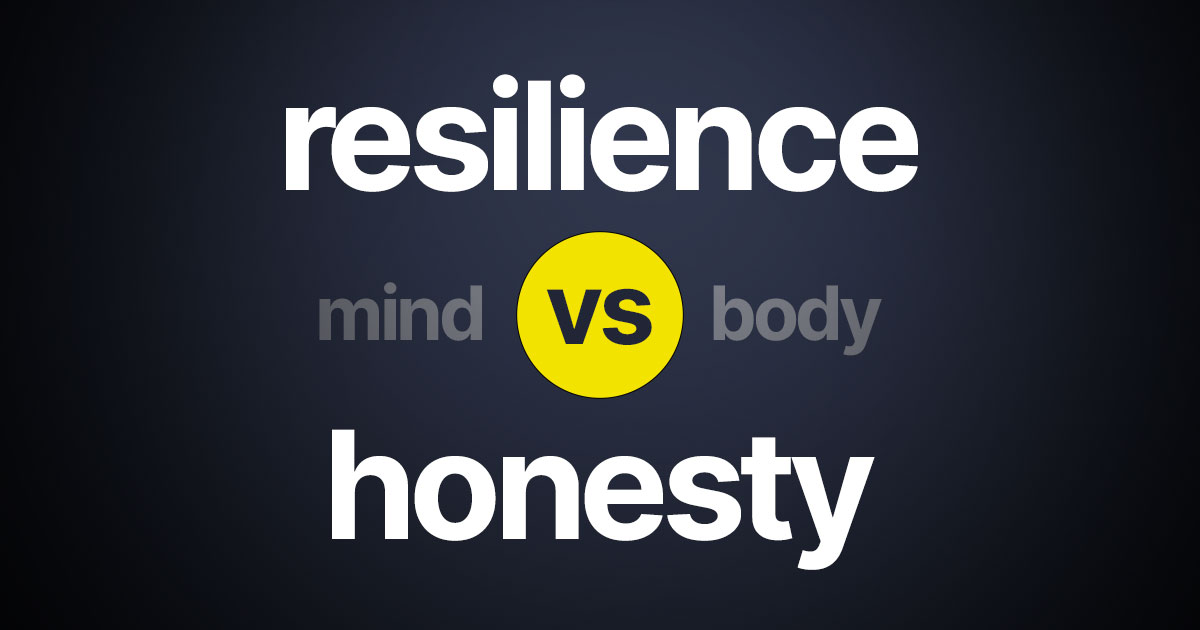The Resilience of the Brain vs. The Honesty of the Body: Why Objective Data Matters in Clinical Assessments
In behavioral healthcare and SUD treatment, understanding the nuances of the human condition is paramount. It is clear that the mind-body connection is critical to obtaining and sustaining recovery and that trauma — often at the root of many issues — lives in both the body and the mind. In fact, mind and body are interwoven, with the physical impacting the psychological and vice versa. This is why nutrition, exercise, regular sleep patterns, and stress management skills are vital to long-term wellbeing.
I was talking to Karla Gomez, MA, Chief Clinical Officer at Aspen Growth Coaching, and she mentioned to me a really interesting thought: “The brain is much more resilient than the body,” and added, “This isn’t always a good thing”.
Essentially, what Karla meant is that while the body often signals distress or disorder in clear, measurable ways, the brain is infinitely complex, with its own thoughts, motivations, and wishes. The brain has more endurance yet is capable of — even inclined towards — convoluting facts and clouding judgment. This can be problematic and, for those in early recovery, downright dangerous.
How many times do we, whether we are in recovery or not, tell ourselves we *have to* keep that meeting or go for a run anyway or push on even when we are incredibly ill or exhausted or on the edge of burnout? We see this, especially in certain professions — “the helpers” — who dedicate their lives to improving the wellbeing and happiness of others. But at what expense? Do we even notice we feel fatigued until we are on the edge of breaking down ourselves, and even then, do we stop or keep going anyway because our brain tells us stories about why we must persevere?
And, of course, this dichotomy poses a significant challenge in clinical assessments and therapeutic decisions. Our thoughts, beliefs, and perceptions, influenced by countless internal and external factors, can lead to skewed interpretations of reality. This is where the importance of objective data becomes unequivocally clear.
Unlike the brain, which can weave narratives and alter perceptions, the body doesn’t lie. Its responses — whether in biometric readings like Pretaa offers lab results or some other observable metric — provide concrete evidence to guide professionals in their assessments and decision-making processes.
This is not to undermine the importance of subjective experiences but to highlight the necessity of balancing them with objective data. Understanding a patient’s thoughts and feelings is crucial, yet anchoring them with concrete, measurable facts ensures a more accurate and effective approach to treatment. By honoring the honesty of the body and integrating these insights with a patient’s subjective experiences, we can achieve a more holistic and effective approach to healing and wellbeing.

